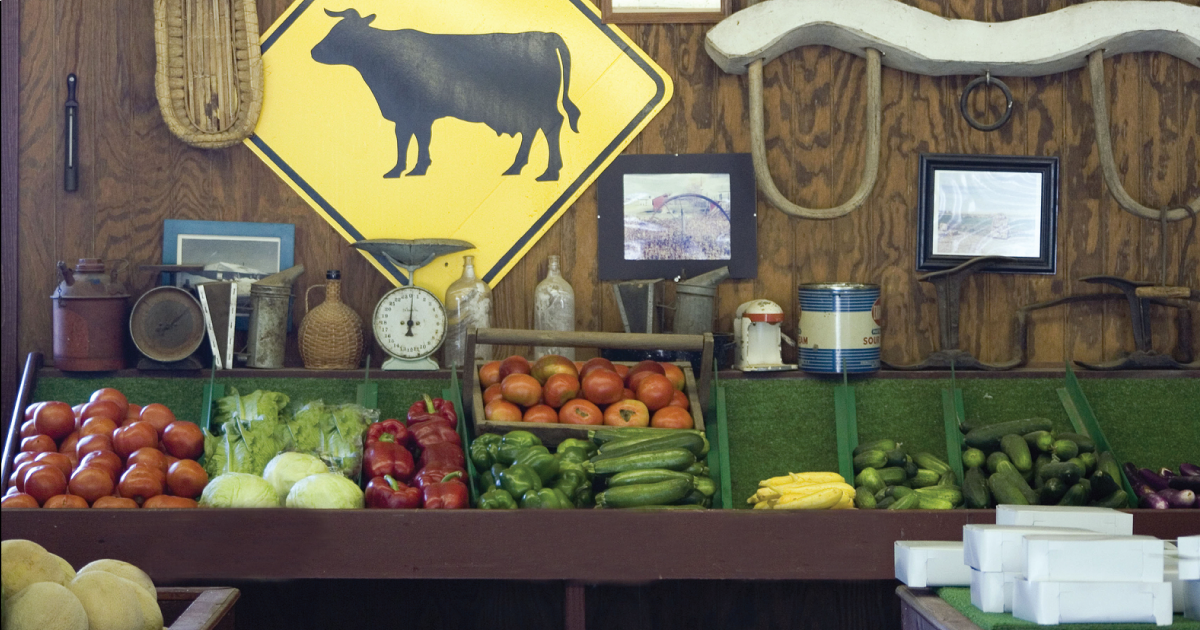
Missouri-Grown Fruits and Vegetables Face a Threat From Weedkiller’s Chemical Drift
Andrew Joyce won’t be growing any tomatoes this summer. His three-acre produce farm in Malden, Missouri, will lie fallow. The cause: damage from the weed killer dicamba. “I just like making things grow. I used to be pretty good at it,” Joyce said, standing next to his stand just off a county highway. “But now, with the chemical drift, you just don’t stand a chance to grow anything anymore.”
March 11, 2019 | Source: KCUR 89.3 | by Jonathan Ahl
Andrew Joyce won’t be growing any tomatoes this summer. His three-acre produce farm in Malden, Missouri, will lie fallow. The cause: damage from the weed killer dicamba.
“I just like making things grow. I used to be pretty good at it,” Joyce said, standing next to his stand just off a county highway. “But now, with the chemical drift, you just don’t stand a chance to grow anything anymore.”
Joyce said his produce was so heavily damaged by dicamba drift that he lost money — he wouldn’t say how much — and had to start driving a forklift in town to make ends meet.
Tommy Riley also farms in this area of southeast Missouri, known as “the bootheel.” Dicamba has been a lifesaver for his 4,000 acres of cotton and soybeans, the latter of which he uses Bayer’s Xtend seeds, which are dicamba-resistant.
